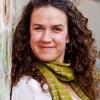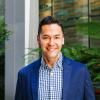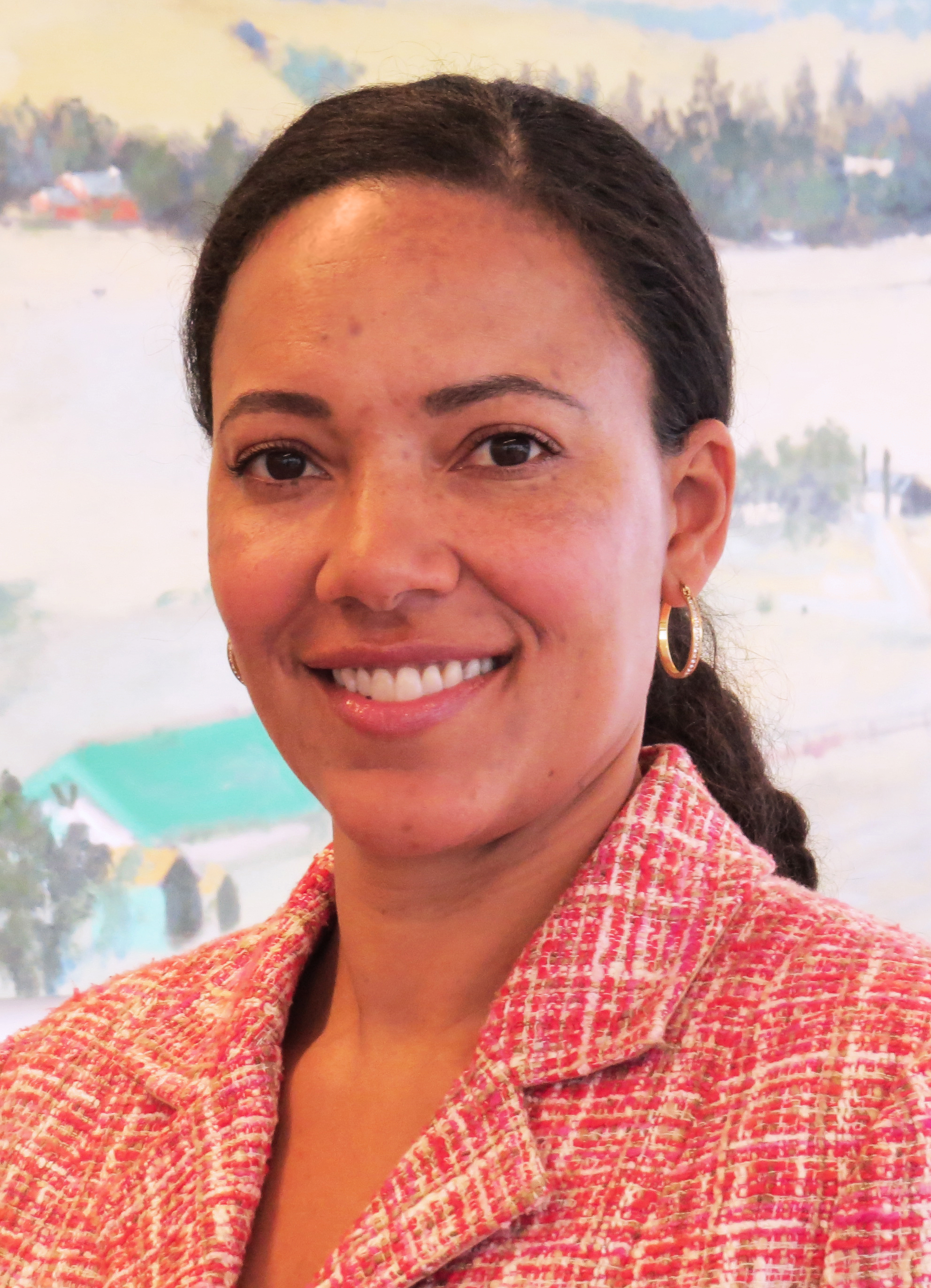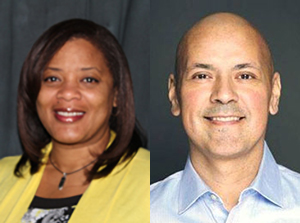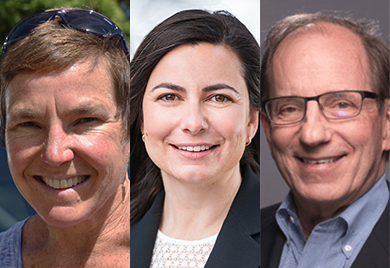Taking the Lead: A Conversation for New Grantmakers
Kate Seely (she/her): Pedro, you joined philanthropy in 2017, and a few months later attended NCG’s New Grantmakers Institute (NGI). In the first months of role, before you were able to attend NGI, what were some of the impressions that you had of the field?
Pedro Arista (he/him/el): When I started at Hirsch Philanthropy Partners, I had a few impressions. First, I was sensing a desire for big change in Bay Area philanthropy that I couldn’t quite put my finger on. I was engaging in conversations about race, power and decision making, which were the kinds of conversations I was having previously in the nonprofit space. I also discovered that several Bay Area grantmakers were already doing grantmaking differently, bringing diverse communities closer to the center of their work and challenging power dynamics. It felt like a ripe time for change.
KS: In NGI, we work to give participants a sense of where the field is today, but we also work to illuminate positive trends that are pointing towards the future. The faculty that I invite to participate are folks who are interested in the evolution and effectiveness of the field. They see the power and possibility in philanthropy, and they are using their voices to help the field evolve. Can you recall what impacted you with regards to the curriculum and the faculty?
PA: Yes, I remember so well reviewing the history of philanthropy—how it was born out of the Fords, Carnegies, and Rockefellers. The historical review affirmed the fact that philanthropy as a sector is working just the way it’s intended to work, and that’s why we have to interrogate power and accountability.
I think back to the session “Building Equitable Relationships with Grantees” and the way racial equity was woven throughout the Institute. I’ve said this to the faculty who led that particular session – two committed and brilliant women of color who were stepping into their power authentically – they helped me remember the opportunity that we have as grantmakers to create change from wherever you sit in your organization.
Representation really does matter. For me, seeing diverse leaders with lived experience talk about their work in such a clear way encouraged me to think about the power and the opportunity that we have as grantmakers to influence the field, as well as the responsibility that we have not only to be of service, but also to make sure that we stay connected to the pulse of what's going on in different communities. We must center the voices that are most impacted by our work. I was inspired by these women who served as faculty, and what I learned with them continues to influence how I do my work today.
What you gain at NGI is an understanding of trends and transferable hard and soft skills. You can translate the skills and knowledge around financial due diligence, opportunities, grant reporting, developing meaningful relationships with grantees, for example. The knowledge, the skills and the network that you build are in service to whatever your focus in your grantmaking is.

KS: Would you recommend NGI for folks who are new to philanthropy and why?
PA: Absolutely! I highly recommend NCG’s New Grantmakers Institute to anyone who is stepping into this space in any role. It is for everyone across different functions in this field who are coming into philanthropy with a set of impressions, who haven't done this work, who feel like they’re still looking from the outside in. Not only does it build your knowledge, skills, and your confidence in navigating this space, but it is a wonderful place to build your network with changemakers. I still connect with some of the people that I met at NGI in 2017. Some of my peers at Hirsch have participated in NGI as well, and I hear them say, similarly, that it all comes back to the faculty, curriculum and network building.
KS: Thank you so much for sharing all of this, Pedro. When you think about what you've reflected on so far, is there anything more you want to share with those who are considering attending NGI?
PA: We didn't talk much about the future. I know that you’re intentional about the leadership philosophy you bring to the Institute and you have a long-term view, and I’d like to affirm that. The Institute not only got me ready for the role I was in at the time, but it also inspired me to think about my future. The Institute is building a pipeline of creative thinkers with diverse identities who are shaping this field as it evolves. With the 300+ people that you’ve taken through NGI since reshaping the curriculum 6 years ago, you’re equipping Bay Area philanthropic professionals to charge forth and make good on the reasons they came into philanthropy, which tend to focus on resourcing the change we know we need to see in this world.
